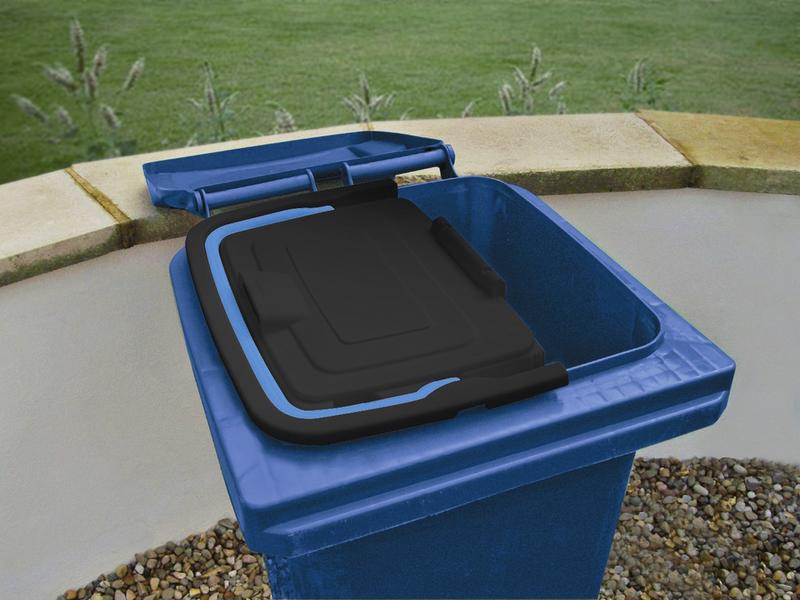The department for Communities and Local Government (CLG) has published a consultation on changes to its 2007 voluntary Code for Sustainable Homes, entitled ‘Sustainable New Homes – the Road to Zero Carbon' which aims to align it with its latest zero carbon homes policy.
And, the department proposes to align the amount of space that new homes are required to have to store waste and recyclables – measured using the standard for assessing waste storage, BS5906:2005 – with how often the material is collected locally.
The document says: “Given the variability of frequency of waste collections by local authorities we propose to amend the calculation methodology for external space to link it to the frequency of collections by the local authority. Where a local authority does not provide the waste containers and collects fortnightly the BS5906:2005 space standards should be doubled.”
While the code is a voluntary standard, with flexibility for developers to determine the
mix of issues they want to cover, it is used as a condition of funding for the Homes and Communities Agency National Affordable Housing Programme, on other government projects and land, and by local authorities when they want to set sustainability-based planning conditions on housing developments in their area.
The CLG said that its proposal did not mean space requirements would be reduced for more frequent collections, but added that houses built in areas where local authorities who did not limit the amount of waste collected on a weekly basis would also need to comply with BS5906:2005.
It added: “It is also proposed to allow the installation of a waste compactor on sites where space is restricted, providing the more demanding of the following are met: local authority space requirements for collection or BS5906:2005.”
Other proposals in the consultation relating to waste include removing the need for mandatory Site Waste Management Plans (SWMPs) and replacing them with voluntary credits for minimising construction waste and diverting waste from landfill.
This is because developments over £300,000 are already required to produce SWMPs by law and it was felt the latter would provide a stronger further incentive to managing waste sustainably.
Announcing the consultation on Wednesday (December 16), housing and planning minister John Healey said: “Our homes account for a quarter of UK carbon emissions, so it's clear they are a vital part of our efforts to tackle climate change. The talks in Copenhagen have underlined the need for us to act now, so we need to ensure that people who want to greenproof their homes get a helping hand, not red tape.
“The Code has proved its worth but now is the time to make it a more user-friendly standard for consumers. In the future, this will help drive uptake so people will save more money on bills and reduce the carbon footprint of new homes.”
The consultation runs until March 24 2010.








Subscribe for free